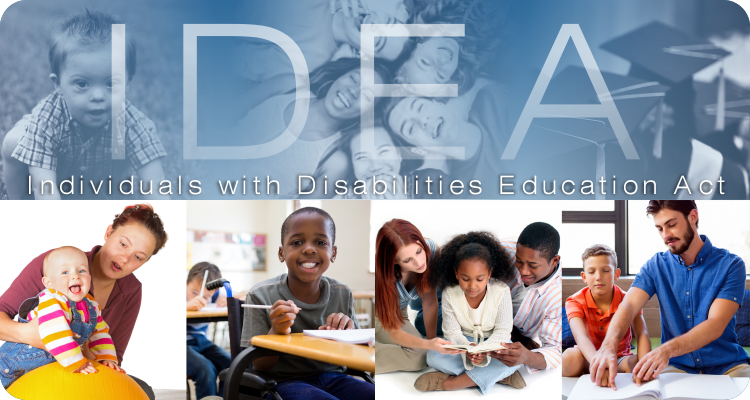“Invest in your teachers and provide them what they need to be a true early childhood teacher that is responsive and sensitive to children”
Secretary Jeana Ross was appointed to lead Early Childhood Education in Alabama in 2012. Under her leadership, the Department of Early Childhood Education has maintained the highest quality rating for its First Class Pre-K program, based on the National Institute for Early Education Research (NIEER) quality benchmarks, while the program underwent the largest growth in its history. Since Secretary Ross joined the department, the voluntary high-quality pre-K program has grown from 217 classrooms to more than 800 classrooms located in all 67 counties of the state. The state’s early learning home visiting and family support services have grown from serving 13 counties, to a total of 43 counties through Maternal, Infant, and Early Childhood Home Visiting (MIECHV) grants and additional state funds. Secretary Ross has led the department in writing and receiving federal grant awards totaling over 100 million dollars. She focuses her leadership efforts on serving children and families while maintaining the highest levels of transparency and accountability.
Note to readers: Given the importance of high quality early learning opportunities for young children with disabilities, OSERS will periodically highlight voices from the broader field of early learning in our blog.
ED: How did you begin your career in the field of early learning?
Jeana: I obtained my bachelor’s degree in early childhood education and I hold a master’s degree in education leadership. While in my undergraduate program, I studied psychology courses focused on babies and young children and became intrigued with children and their development. I was certified to teach pre-k to third grade and began my career teaching a combined class of second and third graders in rural Alabama. As my career advanced, I became one of the first kindergarten teachers in Alabama Public Schools, a full-day program. When starting my own family, I took a break from my career to raise my two sons. My love for children’s curiosity and delight of discovery created a strong desire to always participate in and facilitate the pure joy of learning. I returned to the field in 1997, teaching preschool, and was provided the opportunity to write school readiness standards for the county school district. My accomplishments resulted in my serving as a coach for other teachers across the state. Through my work in public schools, I began building pre-k programs in different school systems and participated in an advisory role as the state began its pre-k program. When my current position became open in 2012, I interviewed with the governor and was asked to serve as the department leader. The Alabama First Class Pre-K Program has in the last 4 years increased the number of children enrolled from 3,906 (6% of) four-year-olds to 14,598 (25%).
ED: Why do you and your state believe it is important to focus on improving the quality of pre-k?
Jeana: The effects of early learning experiences in the first five years of a child’s life have long-lasting impacts. High-quality programs have positive effects for children, which can lead to later success in school, work, and life. In Alabama, early childhood professionals are committed to quality. Through their efforts, parents and businesses became a part of the advocacy work highlighting the need for high-quality preschool programs in our communities. We have an Alabama School Readiness Alliance that is comprised of several nonprofits and business organizations, and this group is the greatest supporter in the state for legislative funding for early childhood. As a result of all the advocacy work, Alabama has made high-quality pre-K part of the law in the state.
ED: What are some of the challenges your state has experienced in this work and what strategies have you tried to overcome these?
Jeana: Alabama was challenged with a fragmented system of early childhood supports and services for young children. We created partnerships with other groups serving children and families to actively build a more cohesive system. We were creative in our thinking, and looked at the importance of having a data management system for analyzing information, and for continuous improvement and decision making. This enabled us to better connect strategies with fund sources, such as expanding the use of Title I dollars in the pre-k programs and building more collaborative structures in the system for Pre-K and Head Start funds. In addition, Alabama wanted to develop an effective system to support socioeconomically-diverse classrooms and salary parity for teachers. Through building this system and these structures, we now have a formula to improve classrooms, and have created a method to provide supplemental grants to pay pre-K teachers comparable salaries with their K-12 counterparts. When faced with challenges, my advice is to always be creative and persistent.
ED: What recommendations do you have for other states interested in expanding access to high- quality preschool programs?
Jeana: What I would recommend to other states is:
- set high-quality standards, communicate what those are, and demonstrate what they look like;
- involve parents, businesses and industry leaders in the initiative; and
- provide supports such as coaching and monitoring to maintain quality.
Blog articles provide insights on the activities of schools, programs, grantees, and other education stakeholders to promote continuing discussion of educational innovation and reform. Articles do not endorse any educational product, service, curriculum or pedagogy.



